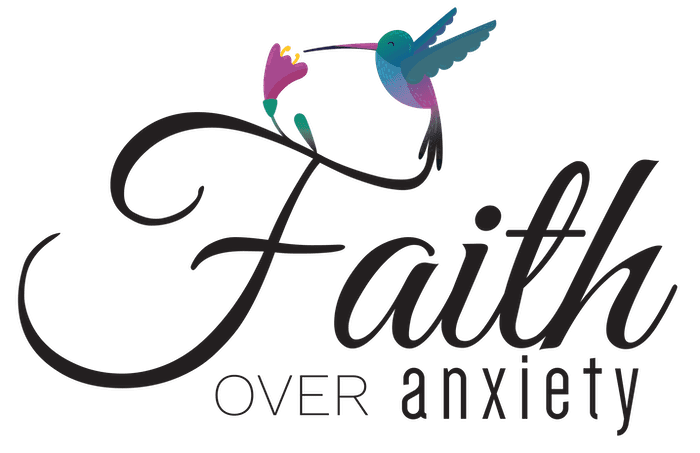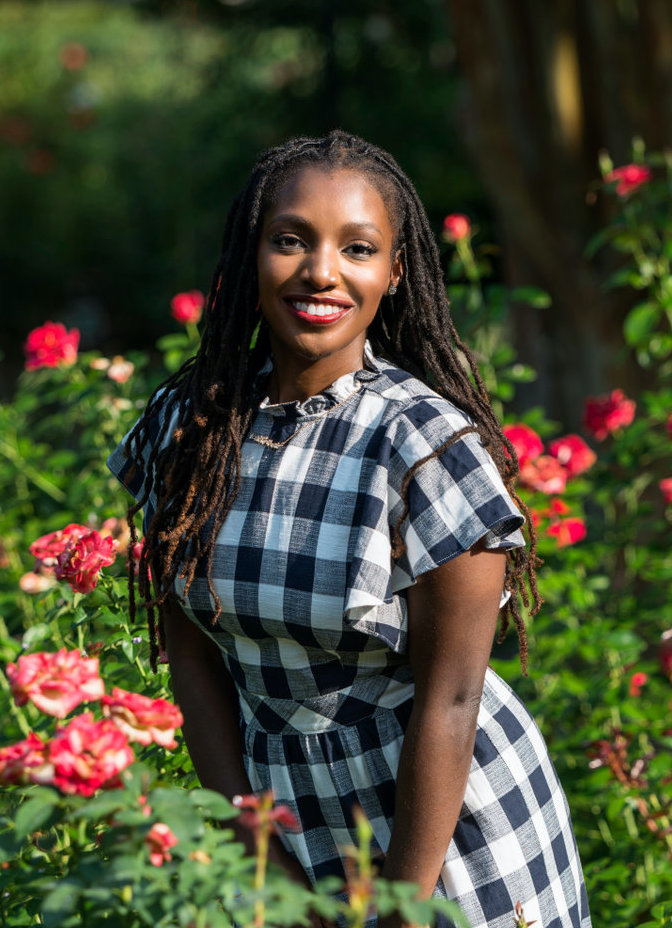As I’ve met people over the years who have disclosed to me that they suffer from anxiety in one form or another, I’ve noticed one strong commonality amongst most of us… THIN HAIR!
There are anxiety sufferers out there who are blessed with naturally thick hair (lucky ducks). But more often than not, you can use the top of someone’s head as a litmus test for whether or not they’re an anxious or stressed person.
While still inconclusive, research shows that excessive stress and anxiety may contribute to various types of hair loss.
Chronic stress or anxiety can potentially exacerbate existing conditions like Alopecia Areata, Alopecia Totalis, Telogen Effluvium (the thinning out of hair follicles), and Trichotillomania (hair-pulling disorder).
I’ve personally struggled with anxiety-induced hair thinning and bald spots for over 2 decades now. Some of which was caused directly by excessive, repetitive rubbing and picking of my scalp.
I’ve never pulled hair out of my scalp much, but I’ve regularly pulled hair out of other areas of my body; sometimes for no reason at all…
But the good news is that with practice, I’ve learned to put my Trichotillomania/Scalp Focused Repetitive Behaviors to rest for the most part. I haven’t completely broken the habit, but I’ve made excellent progress!
Some of my hair issues may also be genetic as my maternal grandmother had severe Alopecia Areata, which looked like male pattern baldness. She had to wear wigs for all of her adult life (poor thing!).
Whatever the reason, my hair is pretty thin. But I have a strong feeling that my tendency towards stress and anxiety has something to do with it.

I know that men struggle with hair loss, but as a woman, dealing with balding or thinning hair can cause a great deal of grief and make you feel like less of a woman. Our hair is supposed to be our crowning glory.
And being that I also deal with depression, I’ve oftentimes not had the energy to take care of my hair on my own, so my hair and scalp have unfortunately suffered from the extreme lack of TLC.
For years, I felt resigned to the idea that I’m just not going to have the thick, healthy hair that I want.
Until now.
I finally have real hope for my hair, and I’m taking care of it like never before! I can’t wait to see my hair growth progress in the coming months!
When I’m ready, I’ll share my hair chronicles, but for now, I just want to share the 5 natural strategies I’m using to help my hair make a comeback.

1) Regularly practice stress-reduction techniques
- Incorporate exercise into your daily routine. Not only does it reduce stress by flooding your body with endorphins, it activates blood flow to the scalp for healthy hair growth.
- Practice deep breathing a few times a day. Throughout the day, set aside some moments to take 5-10 deep cleansing breaths. Over time, mindful breathing can help rewire your brain to be less stressed and anxious. To read more about the benefits of deep breathing and learn some techniques, check out my post on Why Deep Breathing is Crucial for Mental Health.
- Take baths regularly with Lavender Epsom salt or Eucalyptus & Spearmint Epsom salt.
- Light a scented candle, grab an exciting book or magazine, and try to let go of your worries 30 minutes before bed each night.
2) Cut out the sugar!
To put this plainly: sugar is the devil.
In addition to it causing your teeth to rot and bringing on other medical conditions like diabetes and increased anxiety and depression symptoms, it literally destroys your hair!
It can cause inflammation and deplete otherwise healthy hair follicles by limiting blood circulation to the scalp.
And if you take vitamins, most of those nutrients will be used to break down the sugar in your body rather than nourishing your body and scalp.
You’re basically throwing your money down the drain by purchasing vitamins only to turn around and consume a high sugar diet.
Your body, your mood, and your hair will thank you sincerely for eliminating or significantly reducing your sugar intake.
3) Drink TONS of water
If sugar is the single greatest enemy to your hair, water is the single greatest ally. While sugar prevents your body from absorbing nutrients, water carries vitamins and nutrients directly to your scalp.
Your hair and scalp only thrive when properly hydrated, just like a plant.
So drinking 60-90oz. of water a day is essential for maintaining healthy hair follicles and hair growth. It can also help alleviate scalp issues like dandruff.
If you’re not so fond of drinking water, try flavored water or coconut water and consume fruits with high water content like watermelon or strawberries.
If you forget to drink water sometimes (like me), you might find it helpful to use a water intake app to alert you when it’s time to drink a glass.
4) Take hair vitamins
In addition to maintaining a balanced diet full of fruits, vegetables, and lean protein, taking an all natural hair vitamin along with a daily multi-vitamin isn’t a bad idea.
Biotin, Vitamins E, C, D, B-vitamins, Zinc, and Copper, are well known for stimulating rapid hair growth and are included in most hair vitamins.
Over time, the added supplements can bring about thicker, softer, and overall healthier hair. And here’s another plus: Many of these vitamins are beneficial for reducing the symptoms of stress and anxiety that are causing the hair loss in the first place!
Just make sure you check with a doctor before use if you take prescribed medication or if you’re pregnant or nursing.
5) Massage your scalp with Essential oils
This is perhaps my favorite on this list.
Massaging your scalp for 3 minutes in the morning and evening with an essential oil blend can both reduce stress and promote hair growth. I typically massage with my fingertips, but others swear by scalp massagers which can stimulate hair growth as well as relax muscles in the face and other parts of the body.

I really look forward to waking up in the morning just to go through my hair routine.
Combined with castor oil, jojoba oil, black seed oil, and almond oil, essential oils have some miraculous healing powers for the scalp. What I usually do is combine equal parts of those oils in a hair oil bottle and then add in about 15 drops of each essential oil I choose. (Saw Palmetto oil is also a huge game-changer on its own as it blocks DHT).
Lavender, rosemary, clary sage, peppermint, tea tree, and ylang ylang essential oils deliver antibacterial, antifungal, and anti-inflammatory properties for the scalp, reducing itching and other scalp issues. They also stimulate blood flow to the scalp which is necessary for optimal growth.
I personally like to cover my head with a satin cap to lock in more moisture after an oil treatment. And it prevents me from engaging in nervous scalp picking – which my hair and scalp love!
Ok, that’s all I got for now… Hair loss is frustrating, but I think there’s several ways to reverse it.
If you suffer from Trichotillomania or any other scalp focused repetitive behavior, there’s hope that you can end the habit and get your hair back! I’m certainly on my way…
Connect with a therapist through the International OCD Foundation who specializes in body-focused repetitive behaviors or try to gain some cognitive behavior therapy techniques on your own with books like Overcoming Body-Focused Repetitive Behaviors: A Comprehensive Behavioral Treatment for Hair Pulling and Skin Picking by Charles S. Mansueto, PhD.
Even if you’re dealing with significant hair loss, there’s hope that you can grow your hair back. If the methods mentioned above don’t work, don’t rule out seeing a dermatologist or investing in a hair transplant.
Also, it can’t hurt to pray about it!
If you suffer from hair loss, thinning, or alopecia, please feel free to share your thoughts and comments below!
Sincerely,
Alexia





0 Comments